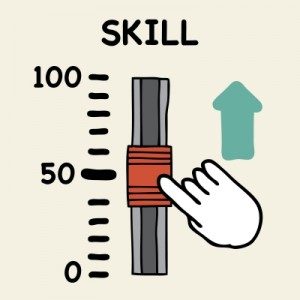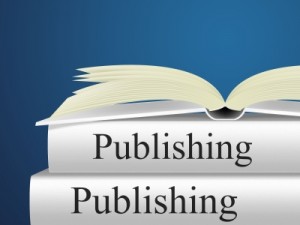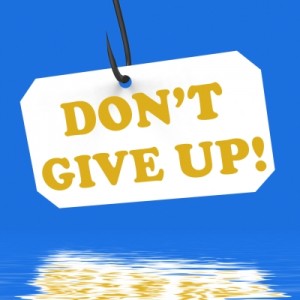“ I take rejection as someone blowing a bugle in my ear to wake me up and get going, rather than retreat.” — Sylvester Stallone
Through my writing, I’ve learned an important truth. I’ve gone to conferences, attended workshops, read books on the craft, been critiqued, and written, written, written. I’ve grown in my writing ability. By great strides. But knowing this sometimes tempts me to think I’ve arrived at a place to relax.
Often believing we’ve arrived is driven by our growth, not by where excellence lies. Click to tweet.
I think this is true for most of us. Sometimes we need a rejection to push us to the next level.
Rejections We Might Need
Rejection 1
- The growth. We’ve gone over and over our scene. We’ve thought of the kinds of problems our critique partner has previously dinged us for. We know it’s perfect. Perhaps we don’t need a critique partner anymore.
- The rejection. We receive a critique, bloody with red ink.
- The Next Level. We realize critique partners are a permanent need. When we’re immersed in our scene, even after we’ve let it sit, we can’t see problems only other readers can. Like the turn of a phrase that makes sense to us, but confuses a reader.
Rejection 2
- The growth. Our writing improved after each of two rejected novels. Our third book is published.
- The rejection. Our fourth book can’t find a home. In the rejection letters, kind editors give us suggestions to improve the work.
- The Next Level. The rejection teaches us one published book doesn’t mean we’ve arrived in our writing ability. We must continue to hone the craft.
Rejection 3
- The growth. We’ve written a publishable story. We’ve done everything craft books, workshop teachers, and paid editors suggested to make it the best story. We pitch it to editors at conferences. Several like our idea and request a proposal.
- The rejection. We receive kind rejections telling us the editors liked the story but had no place for it. They even take the time to encourage us about our story.
- The Next Level. We realize this is the business. The rejection isn’t a reflection on us as a writer. We refuse to be discouraged. We move on to the next project. But we tuck the book away.
- Times may change, and an editor might remember our book and request it again.
- Or we sell several similar books and garner a following of readers ready for more of our books. We self-publish that book.
- Or, with our growing reader base, a publisher might be eager now to look at it. This happened to John Grisham. A Time to Kill was Grisham’s first book. Many publishers rejected it. Then a publisher gave it a 5000-copy printing. But after his next books became bestsellers, A Time to Kill was republished twice and made into a movie.
We learn to keep our options open rather than quitting. For me, I trust in God’s will and timing.
When has a rejection pushed you forward to the next level?











Thanks for the encouragement.
Clampos, I’m glad you received this post as encouragement as I meant it to be.
When rejection is a long road, it becomes easier to reorganize the pantry than to sit down and keep writing. Most of us need the reminder that it’s part of the process, and we can choose to grow in the craft and persevere. Thank you, Zoe.
Yes, Jane, rejection is part of the business, but more importantly, it’s part of the process. Thanks for making that clear.